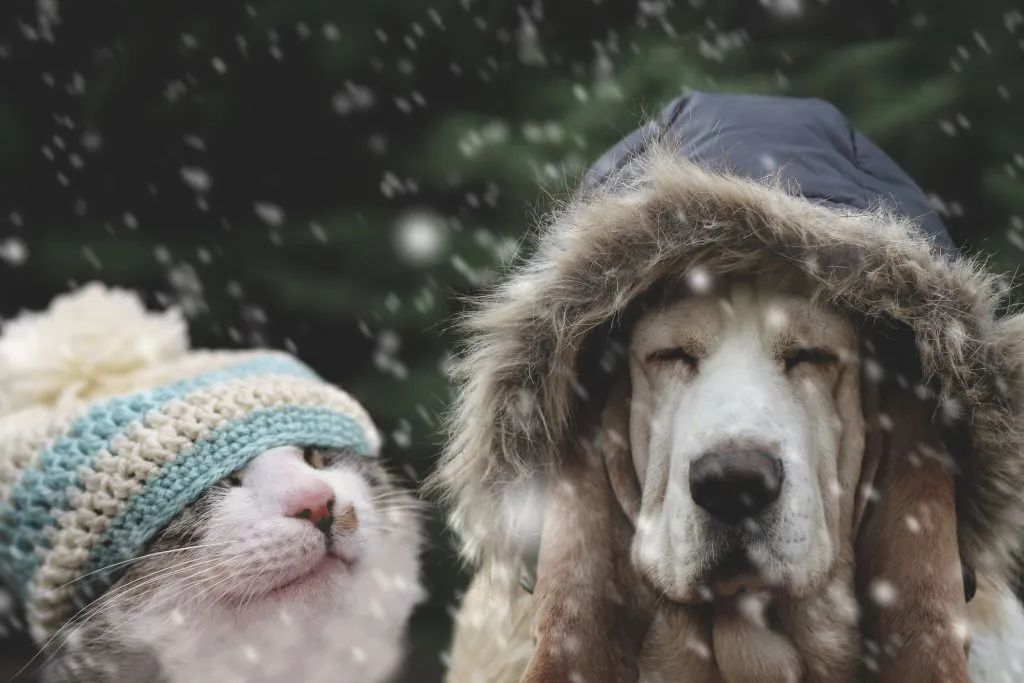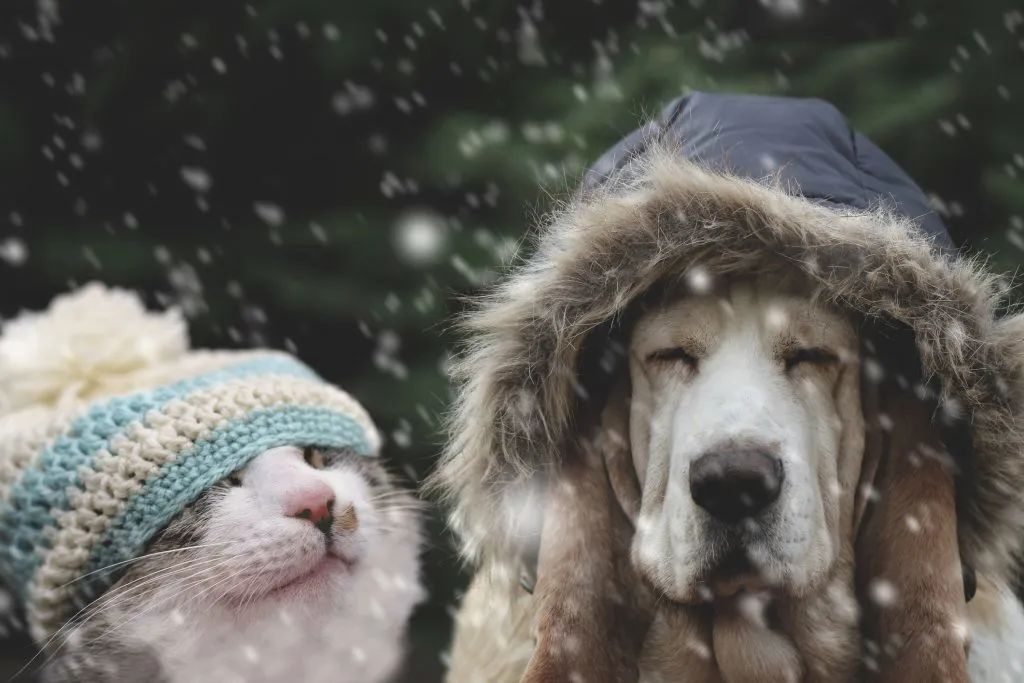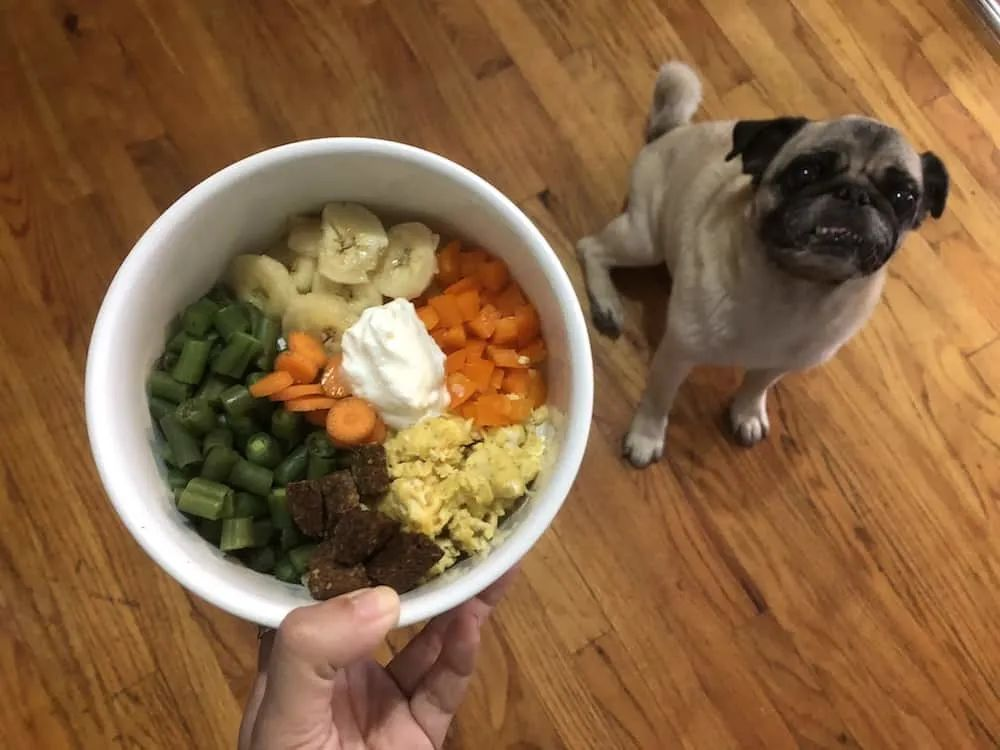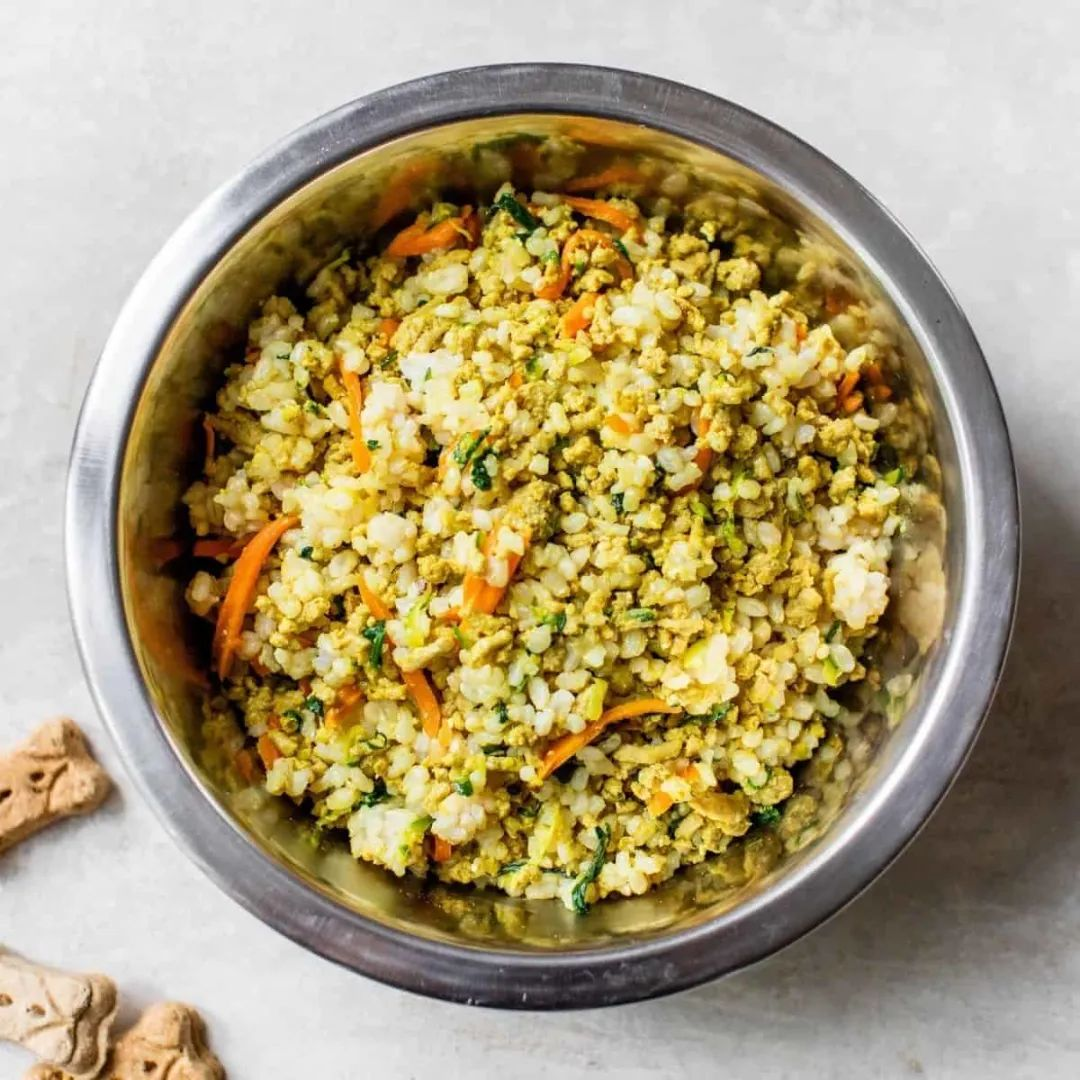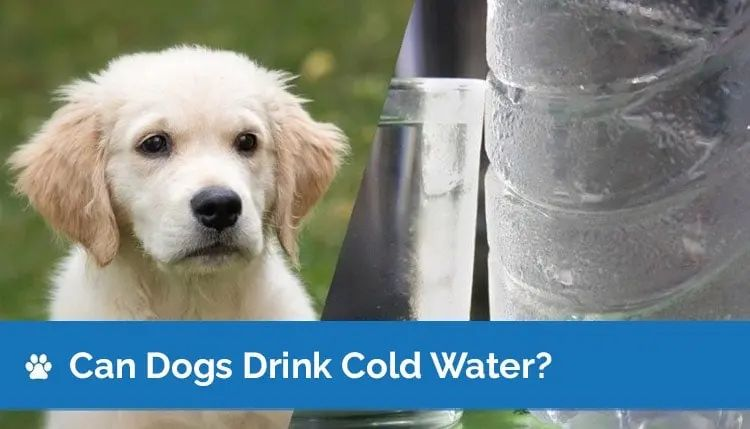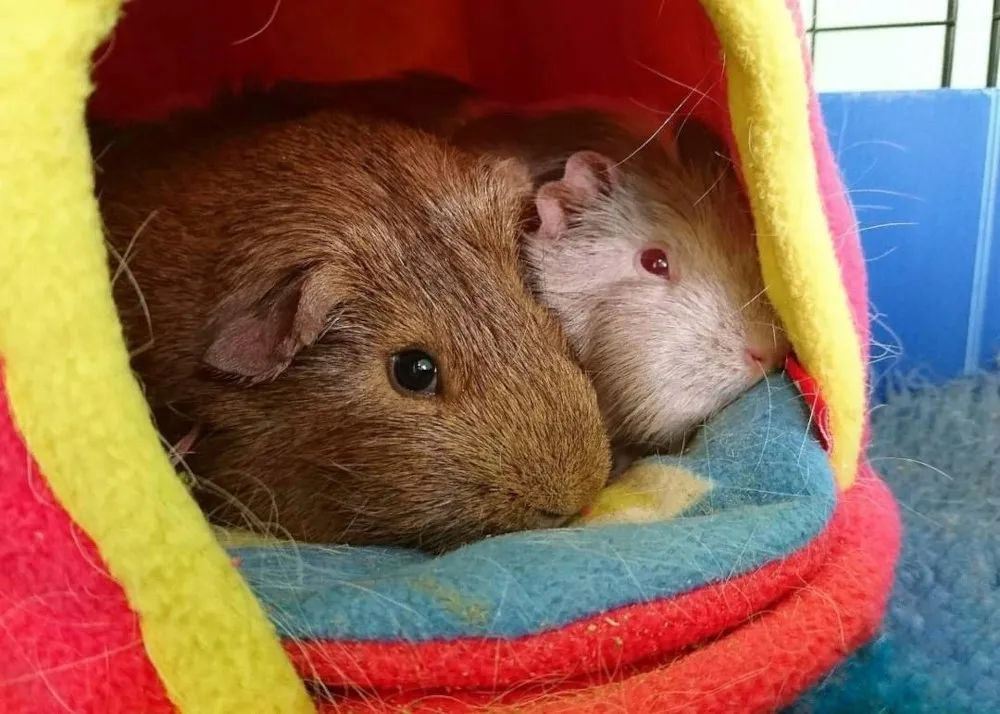Sudden cooling of pet gastrointestinal diseases!
Last week, there was a sudden large-scale snowfall and cooling in the northern region, and Beijing also suddenly entered winter. I had an acute gastritis and vomited for several days because I drank a pack of cold milk at night. I thought this might be an isolated case. Who wants to constantly receive consultations on various pet gastrointestinal diseases within a week, with dogs being the most common, followed by cats, and even guinea pigs… So I think I can summarize it and let friends try to avoid it as much as possible.
This week’s strong winds, blizzards, and sudden drop in temperature were very fast, so many pet owners did not have time to make adjustments. Originally, the most common diseases were colds, but instead vomiting and diarrhea. After carefully analyzing the situation of sick cats and dogs, it was found that most of the problems occurred in the following areas:
1: The proportion of people who eat homemade food is very high, and many pet owners feel that cooking is more nutritious than cat food and dog food. Especially for some picky pets, they do not like to eat single flavored pet food, so pet owners often cook. The sudden onset of winter this week caused problems during feeding, leading to gastrointestinal diseases. Some friends leave their prepared food in the kitchen, one meal in the morning and one meal in the evening. Because the weather is usually warm and the food is not very cold, they do not have the habit of hot meals, which leads to discomfort in the pet’s stomach when eating cold food.
When many dog owners feed their dogs, they leave the food there and won’t take it away. They can eat it anytime they want. In summer, they need to avoid food spoilage, and in winter, they need to avoid food becoming cold. I have conducted an experiment where food on the balcony becomes very cold after about an hour. Although not all dogs may feel uncomfortable eating it, it is difficult to guarantee that they will not develop diseases.
Due to food consumption causing gastrointestinal discomfort, acute symptoms may first appear in the stomach, often recovering during the day and vomiting at night. Appetite may decrease, and indigestion may lead to a growling sound in the intestines. After a stomach attack, it may not necessarily lead to diarrhea, unless food irritation enters the intestine after digestion from the stomach and causes enteritis, which will result in diarrhea. Preventive measures: Heat the food thoroughly before feeding the pet, then let it warm up and let it eat. After a period of time, the food should be taken away.
2: Drink cold water. I believe that friends in the north have already started using insulated cups, or brewing tea with hot water every time. Few people still drink cold boiled water or even cold water. However, in pet life, most pet owners will overlook this point. Last week, I encountered a sick dog from the north. The dog was feeling unwell, had a loss of appetite, drank less water, and urinated less. Later, when I checked the water basin, I found that because the water couldn’t be drained for a long time, the pet owner didn’t change the water in the basin. There were ice debris floating under the water, which froze during the day and night. The cold water dog didn’t want to touch it. During the treatment process, ask pet owners to change the warm water three times a day, so that after each new water change, the dog will drink some as soon as possible.
3: Appetite loss caused by cold. The sudden drop in temperature caught almost everyone off guard, and many animals were not well prepared. A low temperature can lead to a decrease in the animal’s body temperature, followed by hypothermia, slow gastrointestinal peristalsis, indigestion, and constipation. When food accumulates in the gastrointestinal tract, there will be a decrease in appetite, mental fatigue, and weakness due to drowsiness. Dogs are mainly found in some hairless or short haired dogs, which are relatively thin breeds such as sausages and crested dogs. For these breeds of dogs, it is recommended to wear woolen jackets in winter to avoid overheating.
Hypothermia is most commonly seen in guinea pig hamsters. When the temperature is below 16 degrees Celsius, if pet owners do not do a good job of insulation, it is very easy to develop hypothermia, showing reduced activity, significantly reduced appetite, and curling up in a corner to keep warm. If a hot water bag is placed next to it for a few hours, it will restore the spirit and appetite, because hamsters and guinea pigs do not vomit, so when their digestive system is uncomfortable, they will show a decrease in bowel movements by not eating or drinking. When the temperature drops below 16 degrees, pet owners need to use insulated lamps to maintain some areas of their lives at around 20 degrees Celsius to ensure health. Heating pads are not the first choice, as many rodents will gnaw on them.
Finally, we hope that all pet owners do not give their pets a large amount of high-fat and high calorie food due to sudden cooling, which can easily lead to pancreatitis in dogs, heart discomfort in cats due to obesity, and more difficult to treat diseases such as gastrointestinal bloating in guinea pigs and hamsters.
Post time: Dec-21-2023

